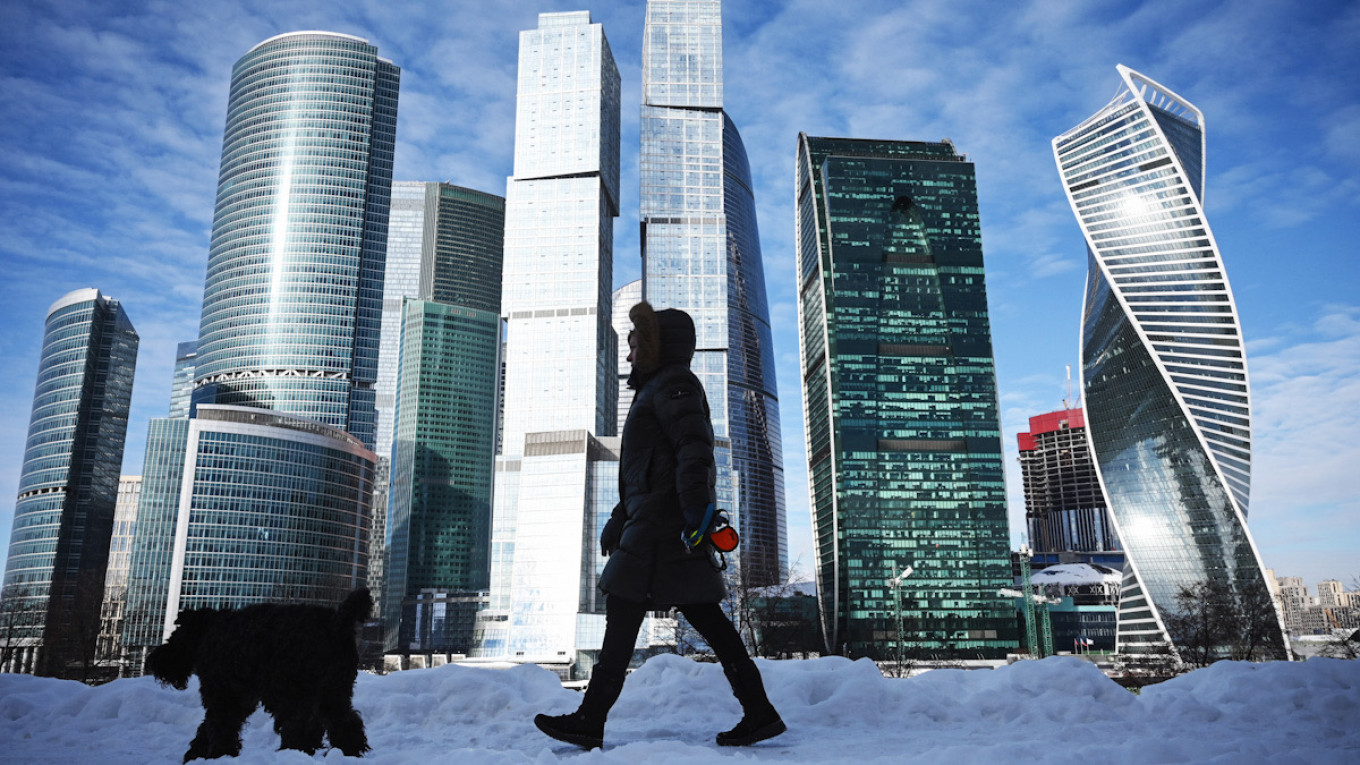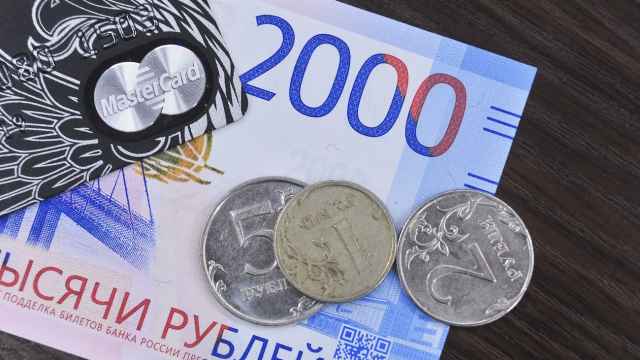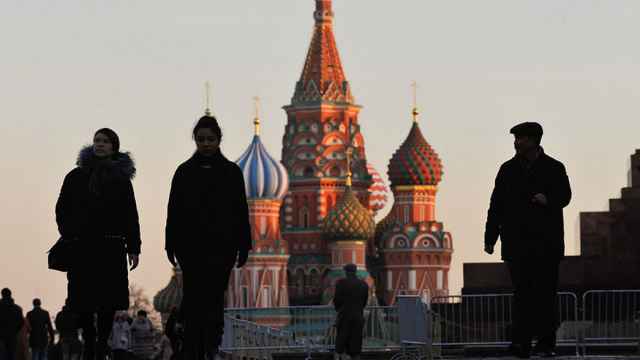Russia’s state debt rose by 40% last year, as it sold trillions of rubles in bonds to prop up lost oil and gas revenues from the pandemic.
The Audit Chamber, Russia’s government spending watchdog, said Wednesday state debt stood at 19 trillion rubles ($257 billion) at the end of 2020, equivalent to 17.8% of the country’s GDP.
Amid higher spending to fight the pandemic and lower tax revenues, Russia swung to a 4.1 trillion ruble ($55 billion) deficit in 2020 — having previously run budget surpluses. The government resisted calls to tap its $170 billion national wealth fund to support the economy through the pandemic, instead opting to plug the gap with higher borrowing.
Despite the jump, Russia’s level of government debt is still one of the lowest in the world — the result of booming energy prices in the 2000s and Moscow’s conservative economic management since Western sanctions were imposed following the annexation of Crimea in 2014.
Lost income from the country’s vast energy exports was responsible for a major dent in revenue. The government earned 5.2 trillion rubles ($71 billion) from the various taxes it levies on Russia’s oil and gas sector in 2020, the Audit Chamber said — down a third on 2019 levels. Russia cut back its oil production as part of a deal struck with Saudi Arabia at the start of the coronavirus pandemic to help support global oil prices. Still both the average price for a barrel of oil and the amount Russia sold were down in 2020 as worldwide demand for oil fell for the first time in a decade.
Most debt Russia issued during the pandemic was snapped up by the country’s state-owned financial institutions, pushing the share of total government debt owned by foreigners down to 22%.
Bonds held domestically are seen as safer by the Russian government, given the control the Kremlin can exert over the country’s banks and because one hardline sanctions proposal being pushed by the Kremlin’s most ardent opponents abroad would ban foreigners from holding Russian government debt — an event which, while considered unlikely, could trigger panic on the financial markets if overseas holders were forced to sell en masse.
A Message from The Moscow Times:
Dear readers,
We are facing unprecedented challenges. Russia's Prosecutor General's Office has designated The Moscow Times as an "undesirable" organization, criminalizing our work and putting our staff at risk of prosecution. This follows our earlier unjust labeling as a "foreign agent."
These actions are direct attempts to silence independent journalism in Russia. The authorities claim our work "discredits the decisions of the Russian leadership." We see things differently: we strive to provide accurate, unbiased reporting on Russia.
We, the journalists of The Moscow Times, refuse to be silenced. But to continue our work, we need your help.
Your support, no matter how small, makes a world of difference. If you can, please support us monthly starting from just $2. It's quick to set up, and every contribution makes a significant impact.
By supporting The Moscow Times, you're defending open, independent journalism in the face of repression. Thank you for standing with us.
Remind me later.






